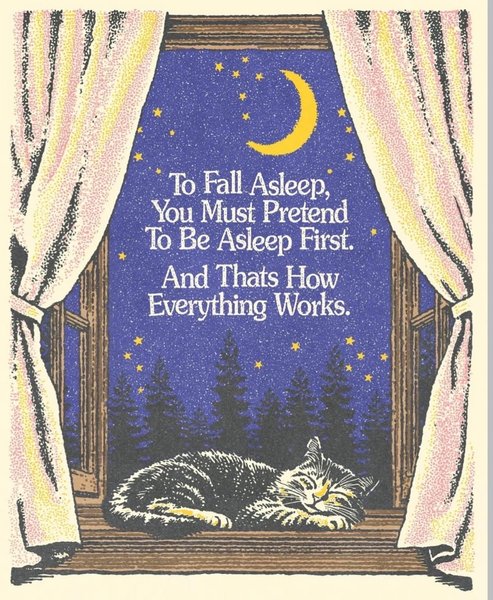Stillness

Ian Bogost • You’re Getting ‘Screen Time’ Wrong
Nishijima Roshi’s way of explaining this was to say that Dōgen adopted four points of view when talking about any given topic. These four points of view were (1) idealism/subjectivism, (2) materialism/objectivism, (3) action, and (4) realism, which synthesizes the other three. We can look at any topic through these four lenses, and it will appear
... See moreBrad Warner • Don't Be a Jerk
The perception of those individuals who practice zazen never interferes with the reality of zazen. It doesn’t matter if you notice all this wonderfulness or not. This is because in the quietness, with nothing to accomplish, there is only direct experience. This realization takes place in the stillness of the self-receiving and self-using samadhi
Brad Warner • Don't Be a Jerk
We touch the deepest experience of all human beings throughout history when we allow ourselves to be truly quiet.
Brad Warner • Don't Be a Jerk
When I asked my teacher Tendo Nyojo what the most important Buddhist principle was, he said that it was the idea that practice and experience were one and the same. That is, you don’t do zazen in order to achieve some result like enlightenment in the future. Zazen itself, he said, is enlightenment. Master Nangaku Ejo said, “I do not deny that there
... See moreBrad Warner • Don't Be a Jerk
DIG DEEP Get Deliberate: Find a mantra, word, or saying that grounds you! Whenever I’m faced with a vulnerable situation, I get deliberate with my intentions by repeating this to myself: “Don’t shrink. Don’t puff up. Stand on your sacred ground.” Saying this little mantra helps me remember not to get small so other people are comfortable and not to
... See moreBrené Brown • The Gifts of Imperfection: Let Go of Who You Think You're Supposed to Be and Embrace Who You Are
To add to Snyder’s work on hope, I found in my research that participants who self-report as hopeful put considerable value on persistence and hard work. The new cultural belief that everything should be fun, fast, and easy is inconsistent with hopeful thinking. It also sets us up for hopelessness. When we experience something that is difficult and
... See moreBrené Brown • The Gifts of Imperfection: Let Go of Who You Think You're Supposed to Be and Embrace Who You Are
But after spending countless hours collecting stories about joy and gratitude, three powerful patterns emerged: Without exception, every person I interviewed who described living a joyful life or who described themselves as joyful actively practiced gratitude and attributed their joyfulness to their gratitude practice. Both joy and gratitude were
... See more